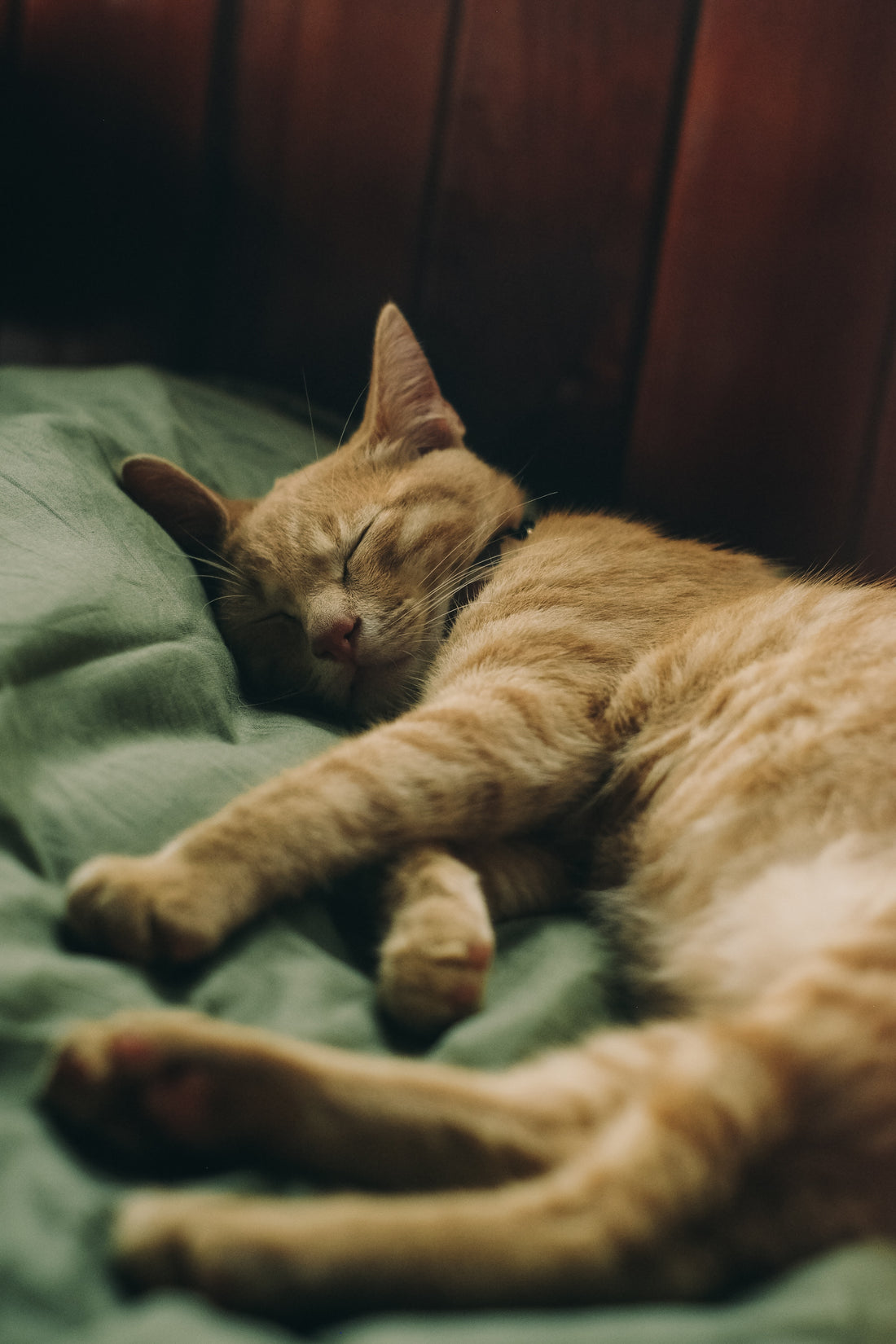
A Good Night's Sleep Is a Cure for Many Ills
Ayurveda stresses the importance of good sleep as precondition to wellbeing.
Acharya Sushruta the earliest exponent of Ayurveda who lived around 600 BC, and hailed as the Father of Surgery for his detailed medical compendium, says, “Pleasure and sorrow, nourishment and malnourishment, strength and loss of strength, good intellect and poor memory, are all dependent on proper or improper sleep of an individual.”
Ayurveda declares that a good sleep, in terms of quality and quantity, is responsible for sukha (pleasure), while disturbed sleep in terms of quality and quantity is responsible for dukha (sadness or pain). There is a saying that Nidrayattam sukham, which means sleep contributes towards happiness and pleasure. It is true in all eras and for people of all ages.
Sleep Physiology
Kaiyyadeva Nighantu, a 15 century work, mentions that the human heart resembles an inverted lotus bud. When a person is in an awakened
state, it opens (meaning the cardiac output increases) and when the person is in sleep, it closes (meaning decrease of cardiac output). A reduction in cardiac output during sleep contributes to hypotension.
Sleep is a subtlest specialisation (sukshma avastha) characterised by lack of motor engagement with the external environment. Research shows that insufficient or poor sleep quality can worsen medical conditions and emotional stress. The quality of sleep is more important than the quantity of sleep to make deep impact on one's health.
Six Types of Sleep
Master Charaka has explained six types of sleep in Charaka Sutra Sthana:
- Sleep caused by increase of tamas (depression, feeling of inferiority, loneliness and other causes)
- Sleep due to aggravation of kapha dosha (usually as a result of consuming heavy foods and drinks, unctuous and oily food)
- Sleep caused by exhaustion of body and mind (travel, pressures of work, feeling of discontent etc.)
- Sleep induced by external causes (critical illness, disorders where vital organs are affected, electrolyte imbalance etc.) Charaka calls this 'Agantuki nidra', a type of sleep caused by the effect of medicines, or intoxicating smells that affect the consciousness.
- Sleep caused by complications arising from diseases (such as affliction of vital organs) · Sleep occurs during night time as a natural body condition. Called as Ratri Svabhava Prabhava nidra by Charaka, it is a healthy kind
of sleep.
Ayurvedic seers have considered sleep as a natural urge, so that it should not be suppressed. Suppression of sleep causes yawning, body ache, drowsiness, headache, heaviness of eyes etc.
Effect of Dosha on Sleep
While kapha is the dominant dosha during nights, one can split the night hours into three parts, with each part dominated by a dosha.
The first part of the night, between say 9 to 12 in the night is dominated by kapha dosha. Earth and water elements are dominant during this time.
In the stomach, food gets mixed well with digestive juices, and the initial stage of digestion sets in. There is heaviness in the head, eyes and the entire body, which makes it easier to get into sleep. Most mental relaxation happens at this time. Hence, you tend to sleep better if you hit the bed before this time. The second part from midnight to around 3 AM is dominated by pitta dosha, when fire and water elements are dominant.
Most part of the digestion and balancing of the body metabolism occurs at this stage. The last part from 3 AM to sunrise is dominated by vata dosha. The digested nutrients are circulated to all parts of the body, supplying energy. Stool and urine formation happens more at this stage. The mind tends to get active.
Sleep deprivation can give unhappiness and pain. Sometimes, prolonged sleep deprivation can give a person a sense of euphoria or a 'high'. This condition, called ‘sleep deprivation induced euphoria' is however, short lived and has negative outcomes. One of the best approaches to get a good night’s sleep is to control the sense organs as a prelude to sleep.
This would consist of avoiding smartphones or watching television shows. The ears should desist from listening to loud music, or negative/depressing world news. Nose and mouth should stay away from excess eating or deep-fried foods. The skin should be trained to avoid excessive use of bed, such as reading or eating on the bed.
Dr. JV Hebbar
